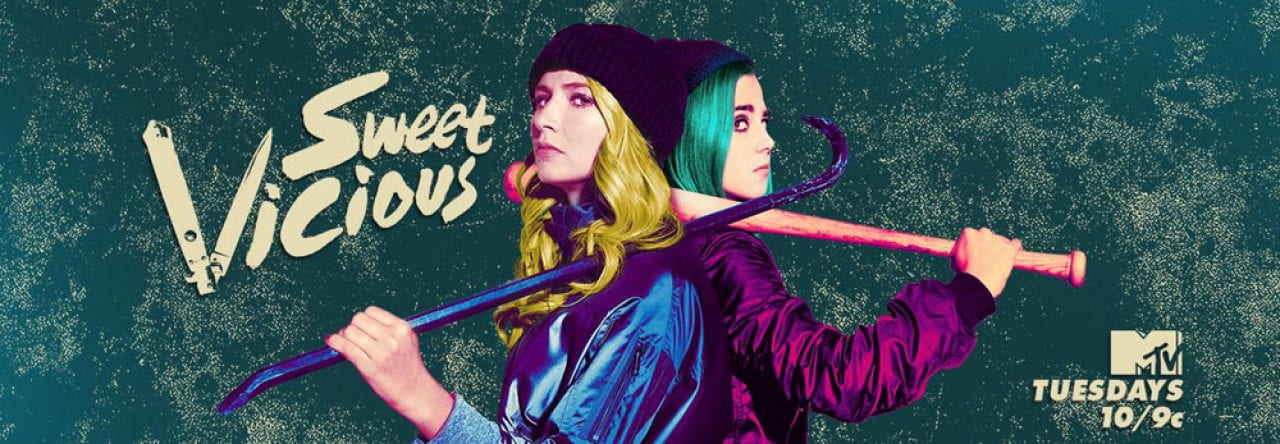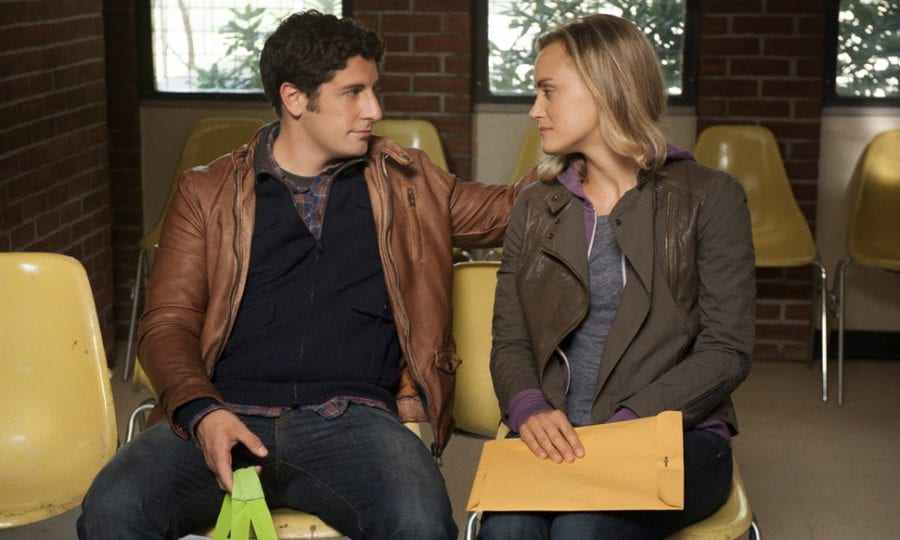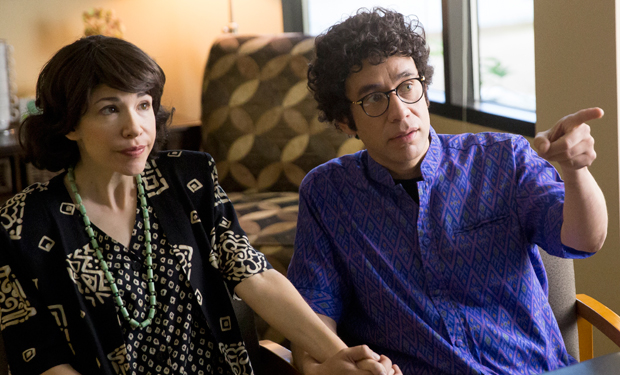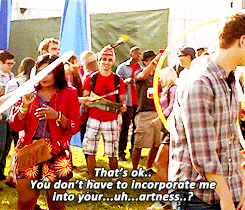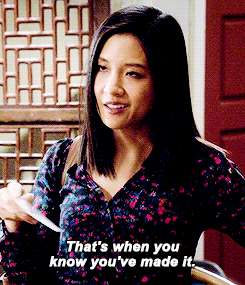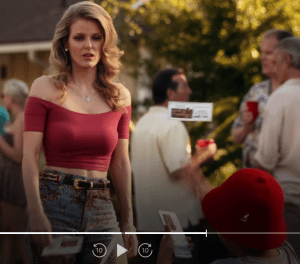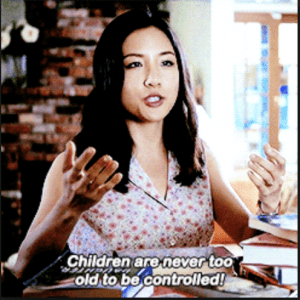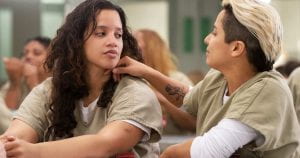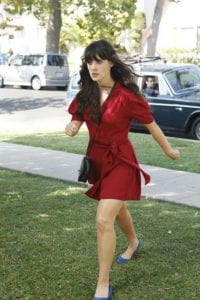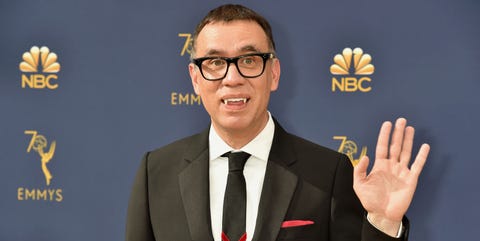
Fred Armisen of SNL and Portlandia fame, smiling with vampire fangs at an awards show
Fred Armisen gained notoriety in the comedic sphere through his rise on NBC hit Saturday Night Live, being one of the longest running actors in the show’s lengthy history. In 2011, he ventured to independently create a comedy show with Carrie Brownstein called Portlandia – a show making fun of the culture in Portland, Oregon and offering unique comedic insights on American culture at large. With my final blog post, I will be analyzing Fred in his these two shows of his that are also what he is best known for.
Fred Armisen’s role as an actor on both shows was relatively similar. In both shows, Armisen played a variety of characters rather than just one, which expressed his comedic diversity and acting ability. On Portlandia specifically, Armisen even played both male and female characters. One of his most famous characters on this show was a female feminist bookstore owner who was supposedly one of the most “woke” in all of Portland. This is a character that is very much similar to one that Armisen would play on SNL, with multiple appearances on different types of sketches like “Weekend Update” or “The Californians.”
However, Armisen also evolved his comedy after leaving Saturday Night Live to act on his own show. One of the most notable differences between the two shows was Armisen’s insightful cultural comedy that was a product of him and Carrie Brownstein’s own writing. Armisen provided through his characters many satirical observations of the slow paced life in Portland, Oregon. Through a variety of characters, he would point out the absurdities of youth and Portlandish culture associated with it. In a way, the show is a whimsical look at adolescence as a whole. Armisen and Brownstein’s characters represent all of us in our youth, with an idealistic view of the world and how it works. Armisen is truly a great comedic mind, and I know that there is a lot of great cultural commentary left in him. It will be interesting to see what direction he takes next.
